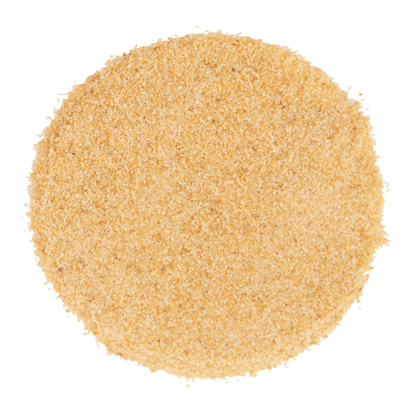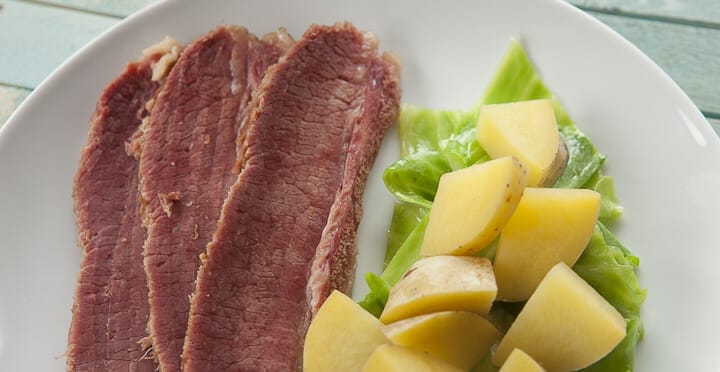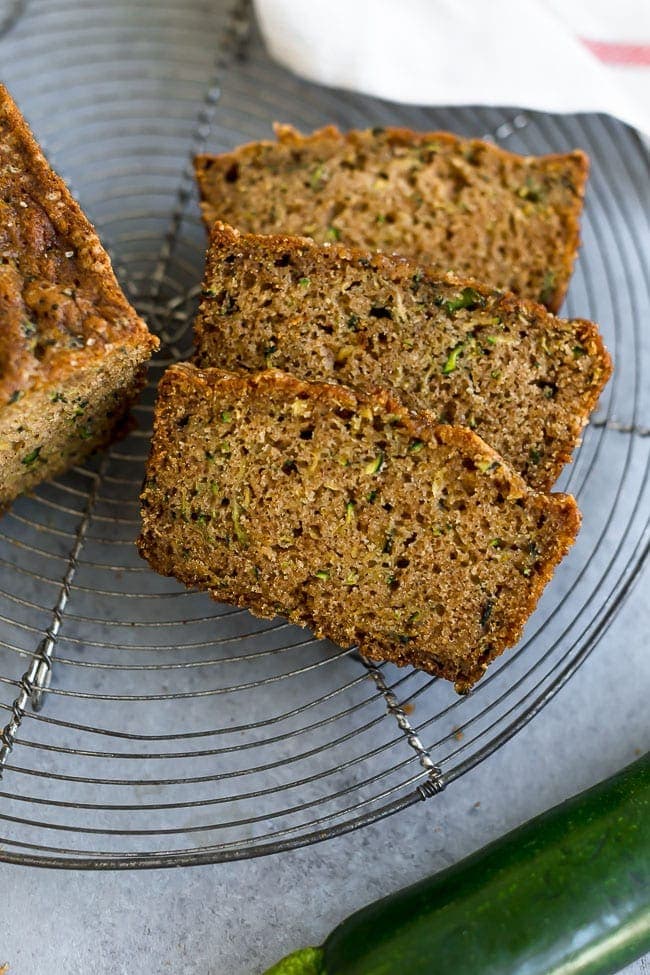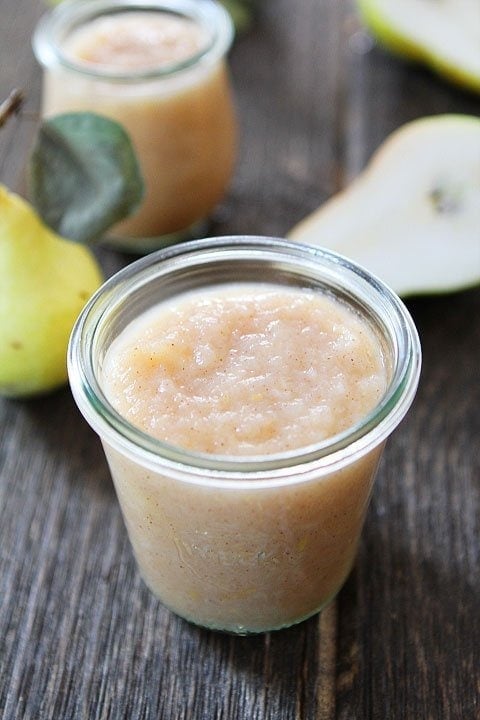Ground Ginger: Important Facts, Health Benefits, and Recipes
Explore the health benefits, culinary uses, and history of ground ginger in our ultimate guide, and learn storage tips, substitutions, and its role in various cuisines.

Nutritional Facts
1 tsp
Amount per serving
Calories
6
Carbohydrates
1.3 g
Fat
0.1 g
Protein
0.2 g
Saturated Fat
0 g
Sodium
0.5 mg
Fiber
0.3 g
Sugar
0.1 g
Best Ground Ginger Recipes
-

-

-

-

-

-

-

-

-
![Healthy Pumpkin Muffins Image]()
-
![Pumpkin Bread Image]()
-
![Zucchini Bread Image]()
-
![Korean BBQ Chickpea Bowls Image]()
-
![Deep Dish Gingerbread Truffle Cookies Image]()
-
![Pumpkin Cream Cheese Muffins Image]()
-
![Asian Chicken and Vegetable Foil Packets Image]()
-
![Soft Gingersnap Cookies Image]()
-
![Pumpkin Cheesecake with Brown Butter Gingersnap Crust Image]()
-
![Pumpkin Coconut Chocolate Chip Muffins Image]()
-
![Gingersnap Sandwich Cookies with White Chocolate Filling Image]()
-
![Pumpkin Cinnamon Swirl Bread Image]()
-
![Vegan Pumpkin Breakfast Cookies Image]()
-
![Pumpkin Cinnamon Cookies Image]()
-
![Pumpkin Chocolate Chip Streusel Cake Image]()
-
![Brown Butter Pumpkin Streusel Muffins with Brown Butter Glaze Image]()
-
![Pumpkin Cheesecake Mousse Image]()
-
![Pumpkin Toffee Chocolate Chip Muffins Image]()
-
![Honey Pear Muffins Image]()
-
![Easy Pear Sauce Image]()
-
![Healthy Pumpkin Chocolate Chip Cookies {Vegan} Image]()
-
![Pumpkin Waffles Image]()
-
![Gingerbread Oreo Blondies Image]()
-
![Soft Gingersnaps with White Chocolate Cream Cheese Frosting Image]()
-
![Biscoff Pumpkin Oatmeal Cookies Image]()
-
![Pumpkin Cinnamon Streusel Coffee Cake Image]()
-
![Pumpkin Oatmeal Cookies with Dried Cranberries & Chocolate Chips Image]()
-
![Pumpkin Gingersnap Cookies Image]()
-
![Pumpkin Cinnamon Streusel Pancakes Image]()
-
![Soft Gingersnap Cookies with White Chocolate Chunks Image]()
-
![Pumpkin Nutella Snack Cake Image]()
-
![Pumpkin Chocolate Chip Bread Image]()
-
![Red Curry Hot Pot Broth Image]()
-
![Crockpot Teriyaki Chicken Image]()
-
![Rhubarb and Raspberry Pie With Oatmeal Crumble Image]()
-
![Hawaiian Chicken Skewers With I Wash You Dry Image]()
-
![Shrimp In Thai Coconut Curry Sauce Image]()
-
![Easy Pumpkin Roll Recipe Image]()
-
![Beef with Broccoli Image]()
-
![7 Spice Teriyaki Chicken Rice Bowls Image]()









































